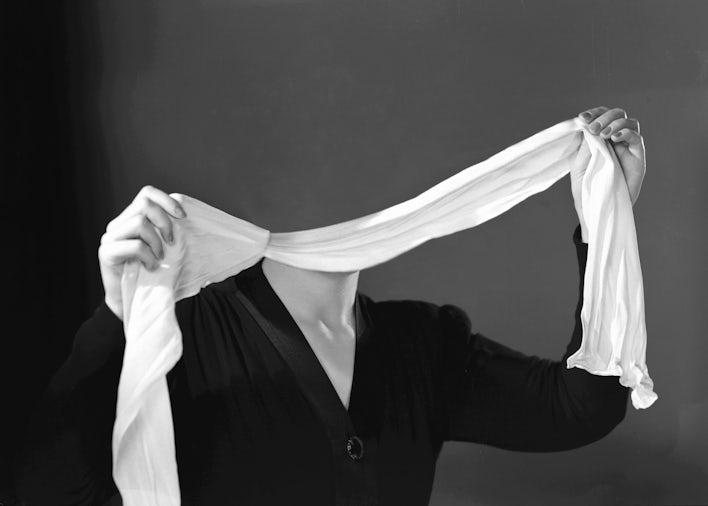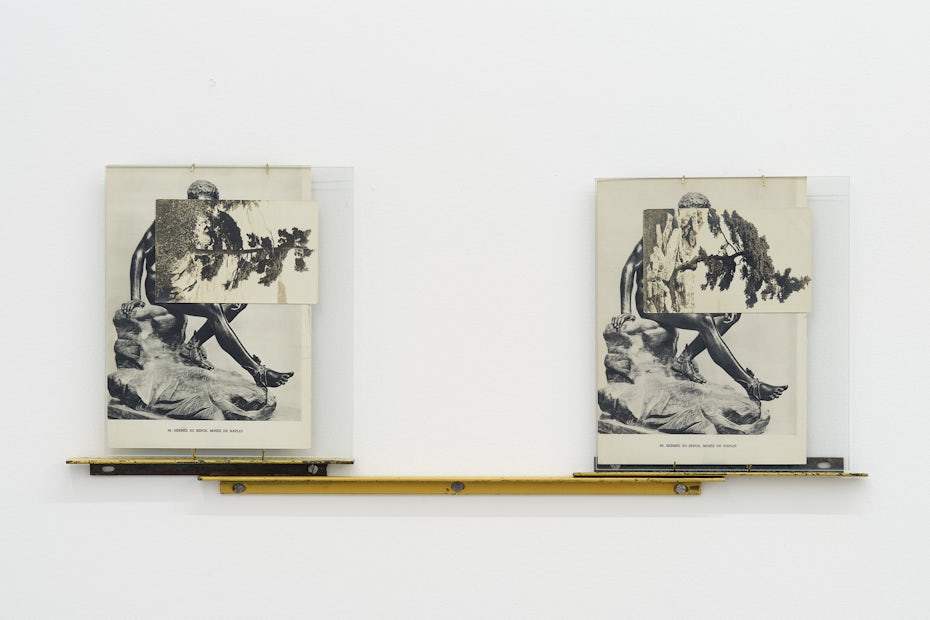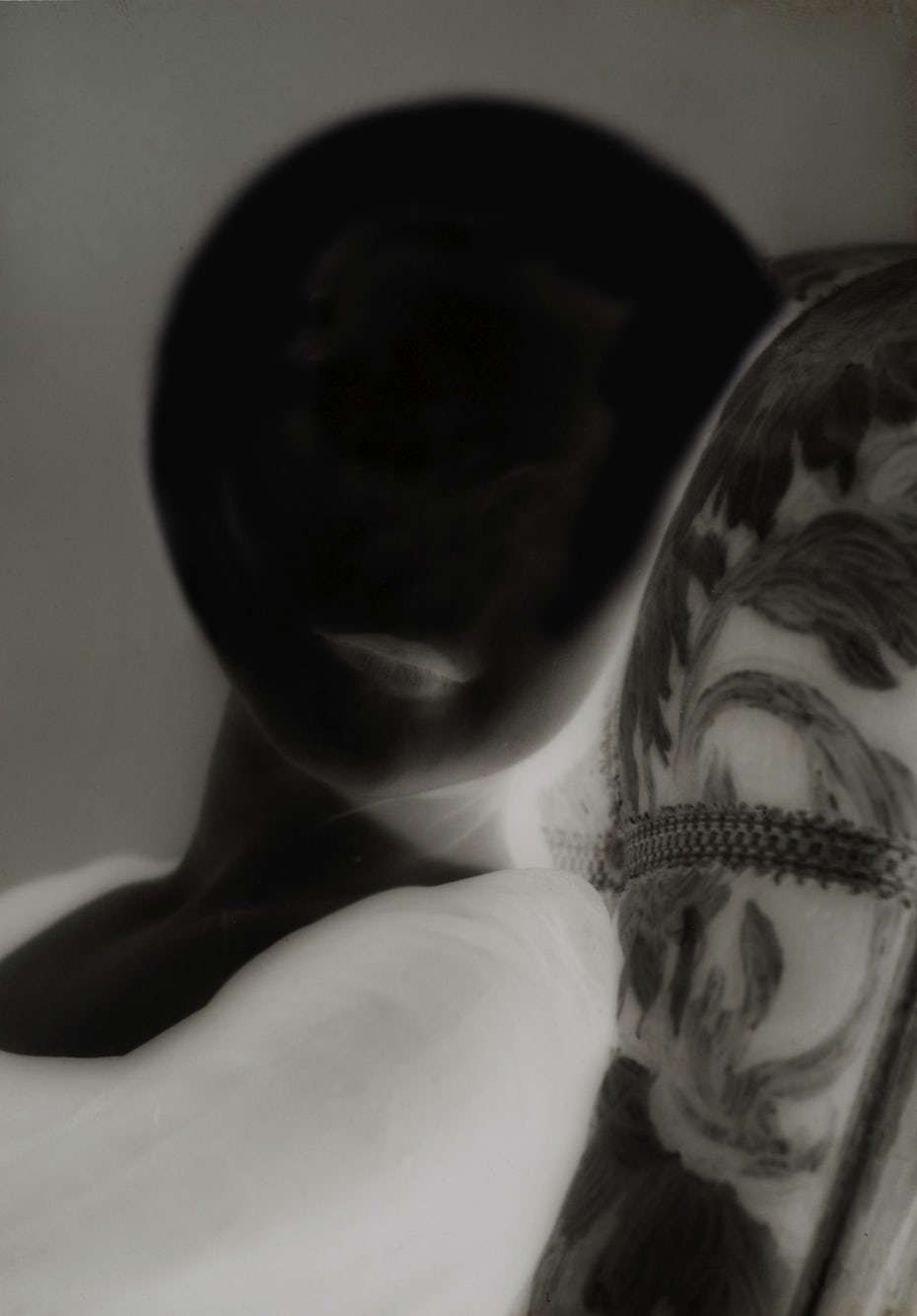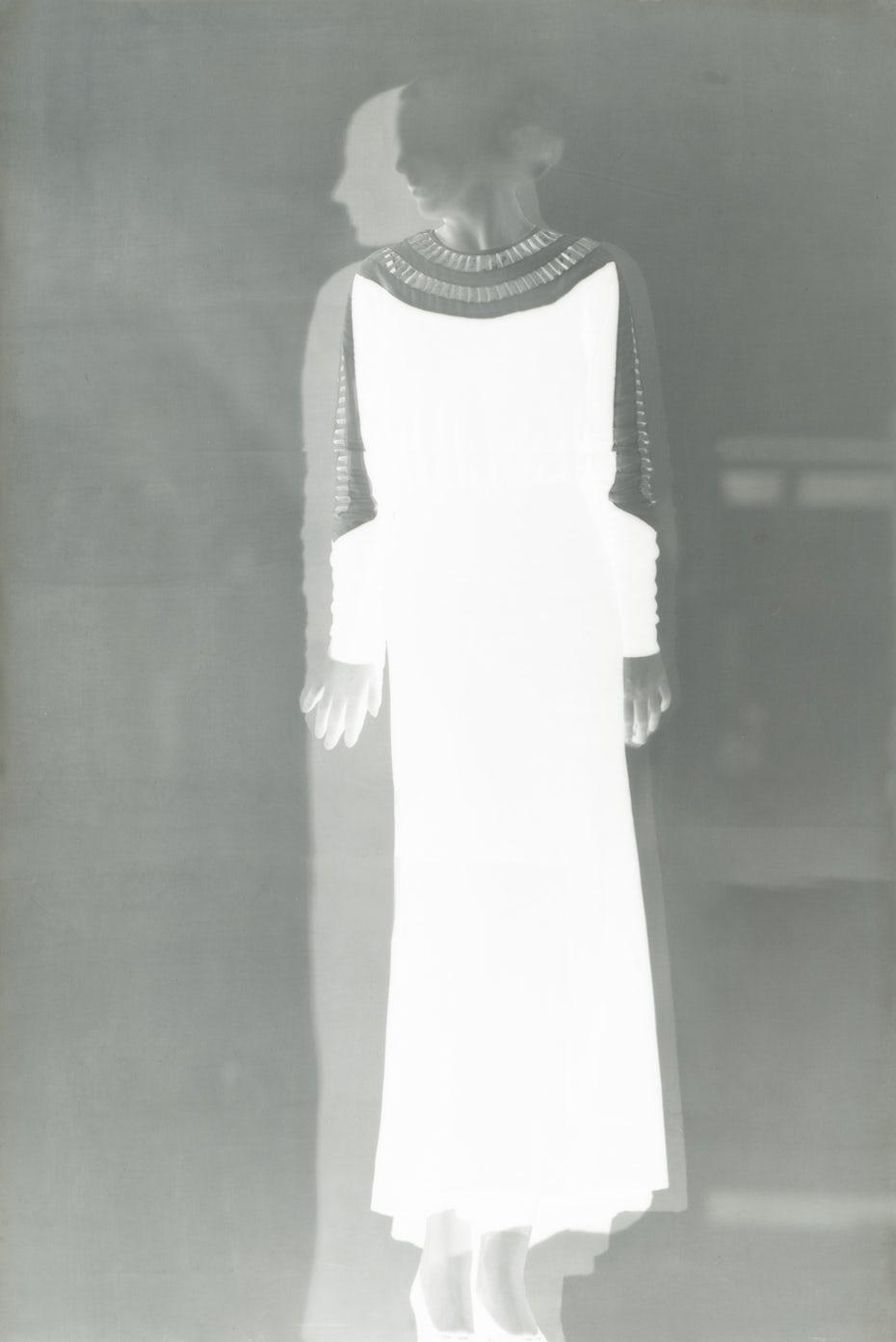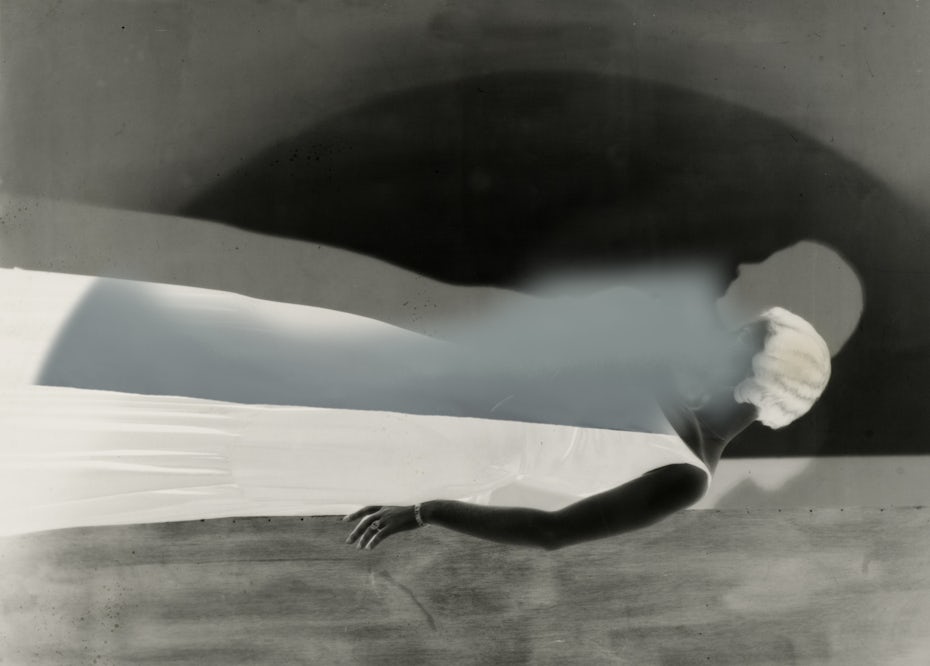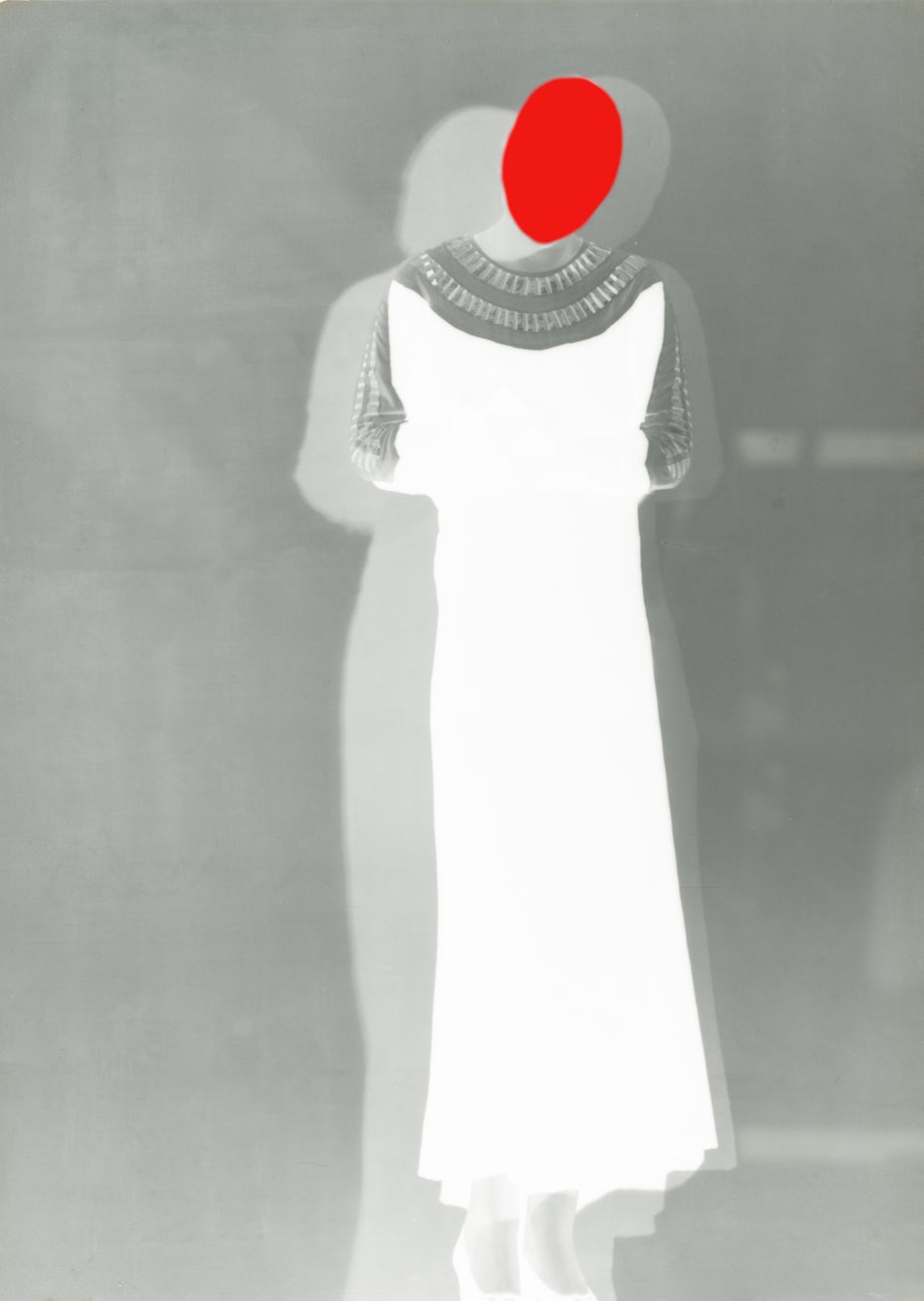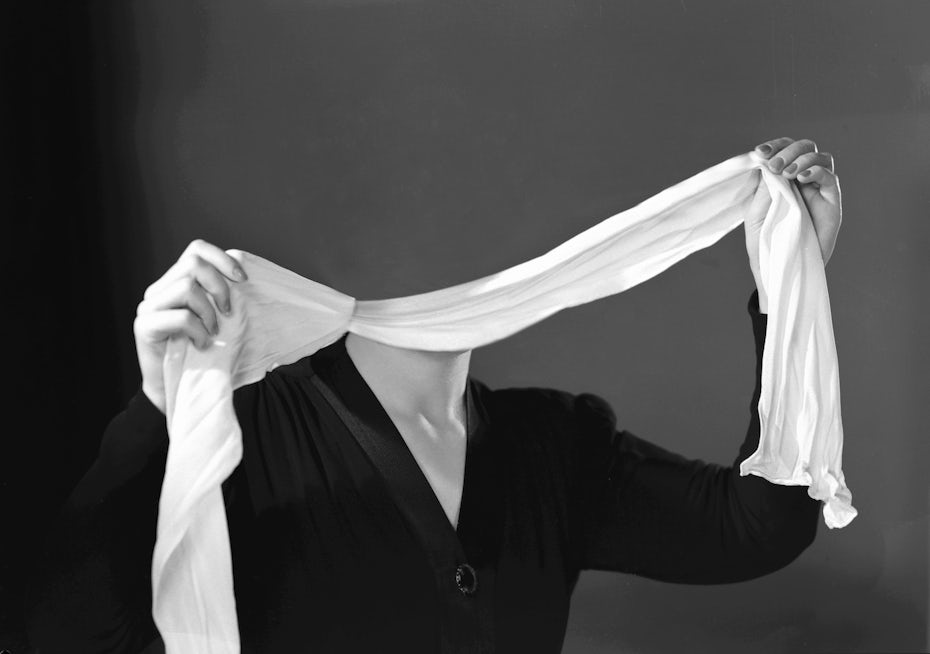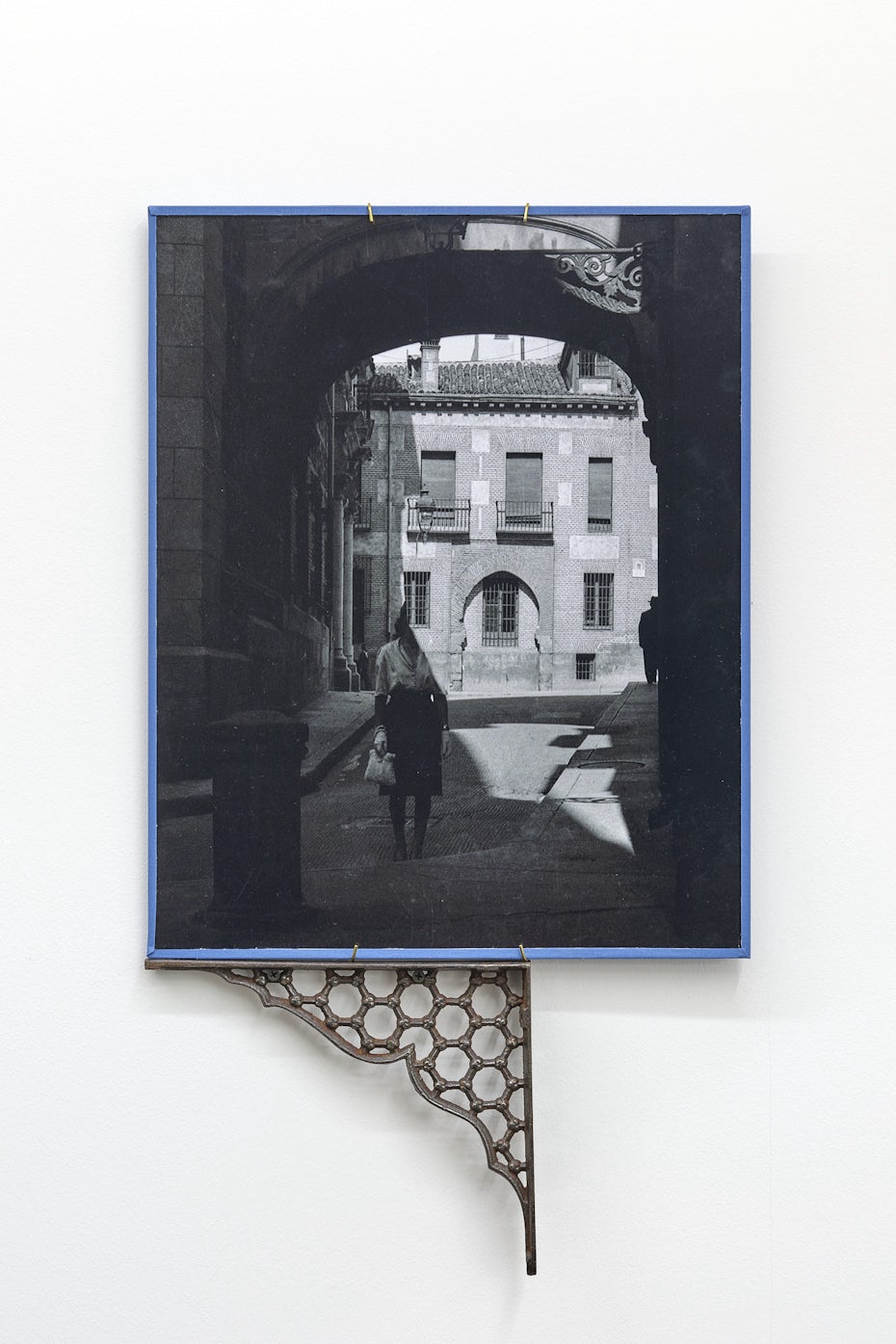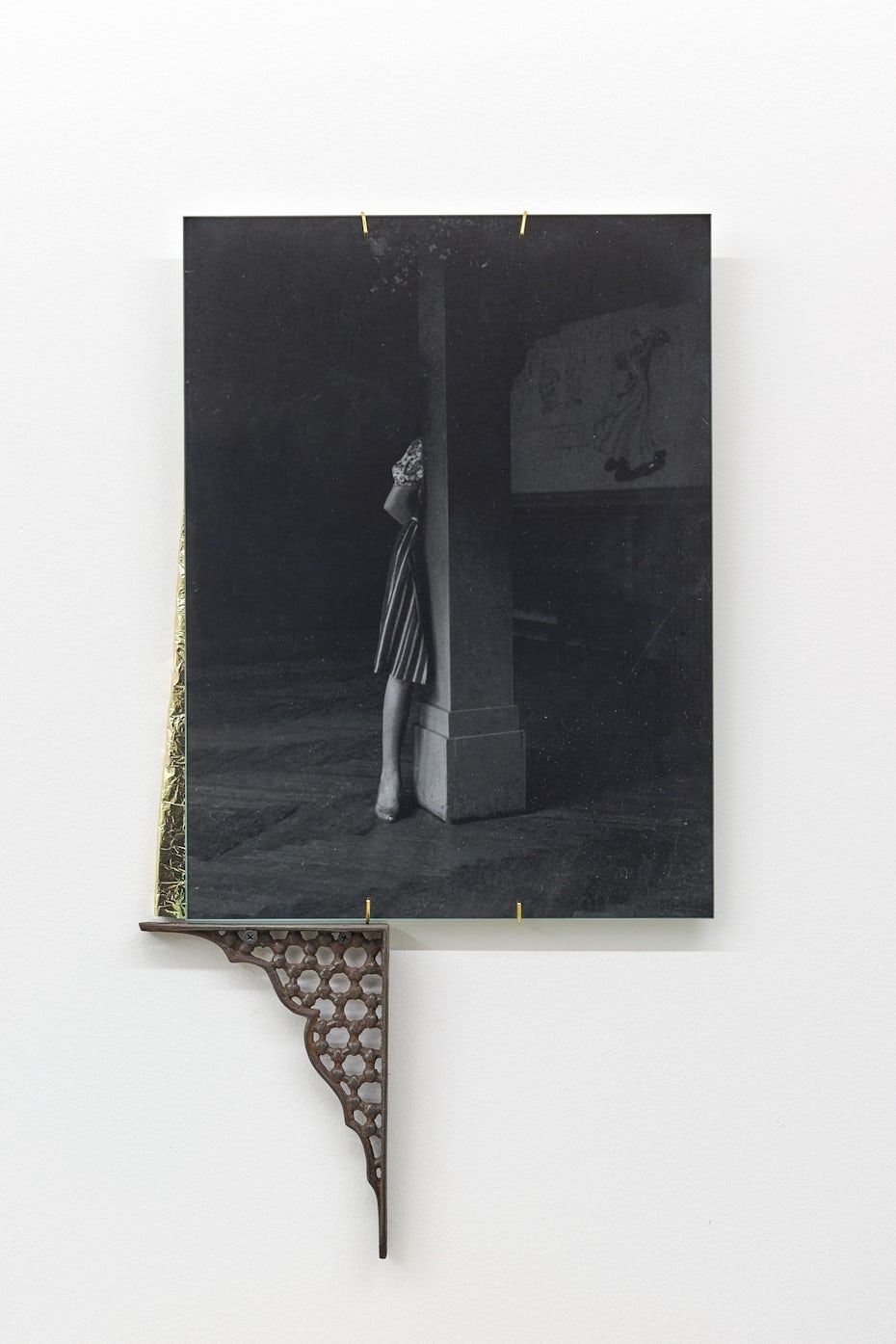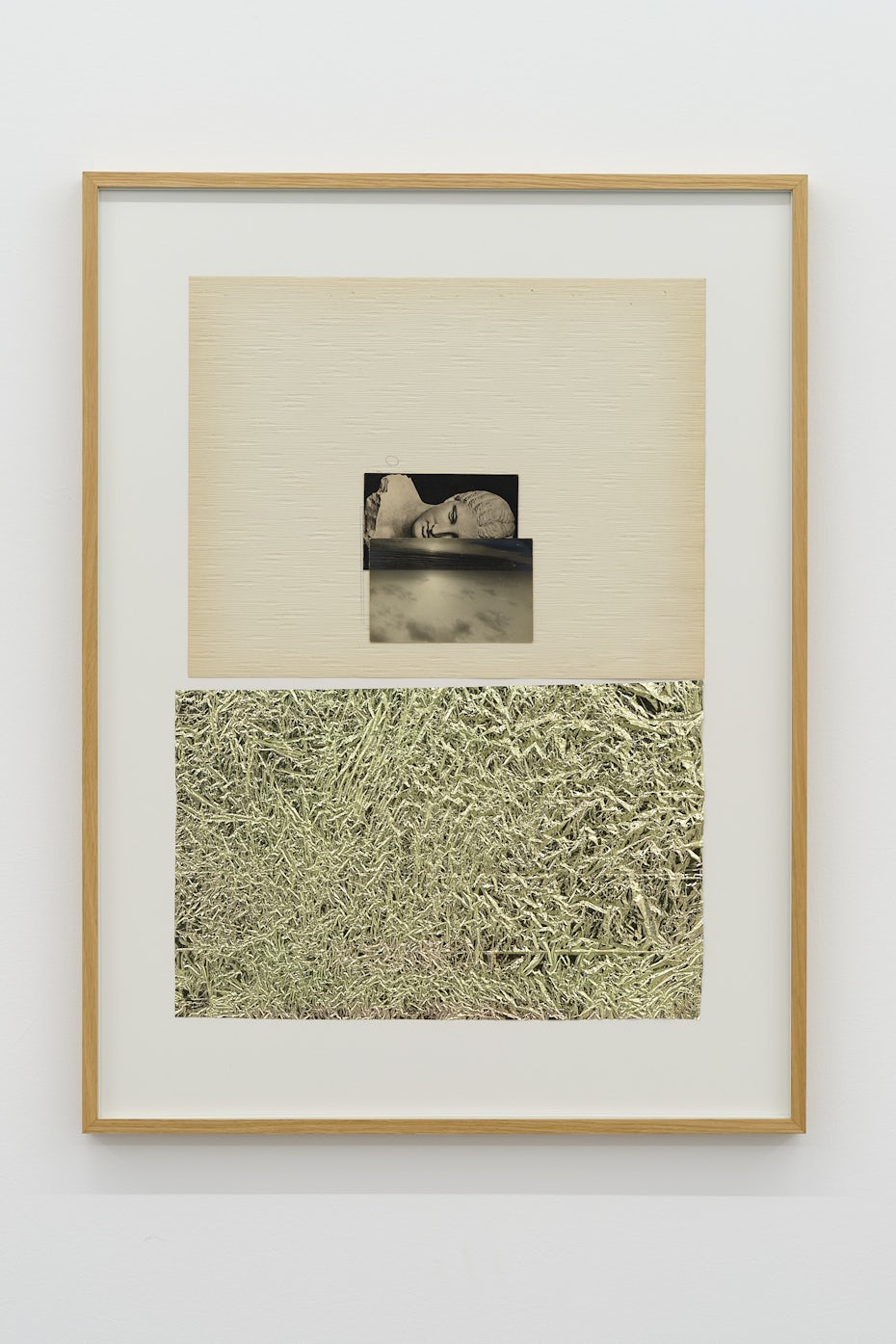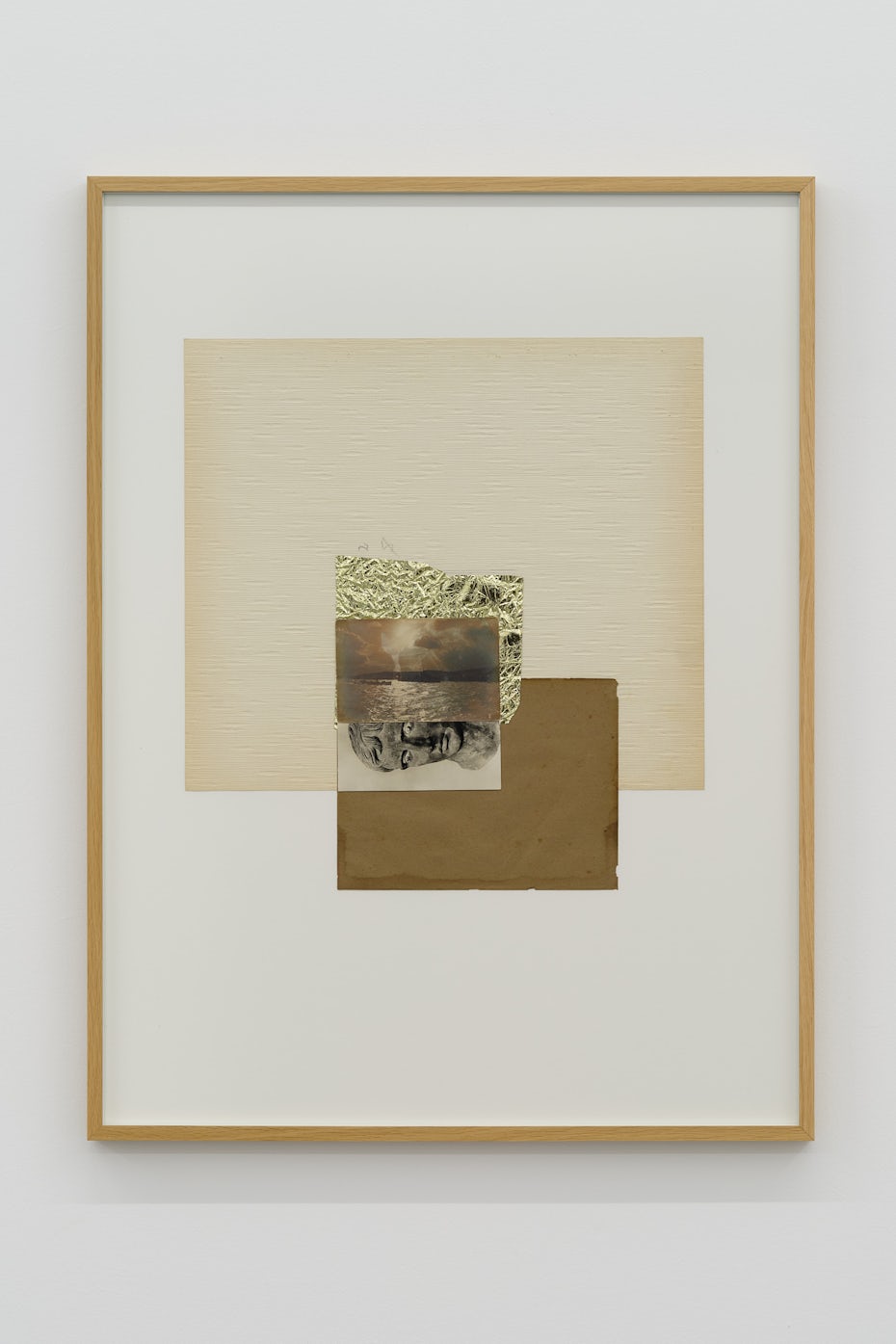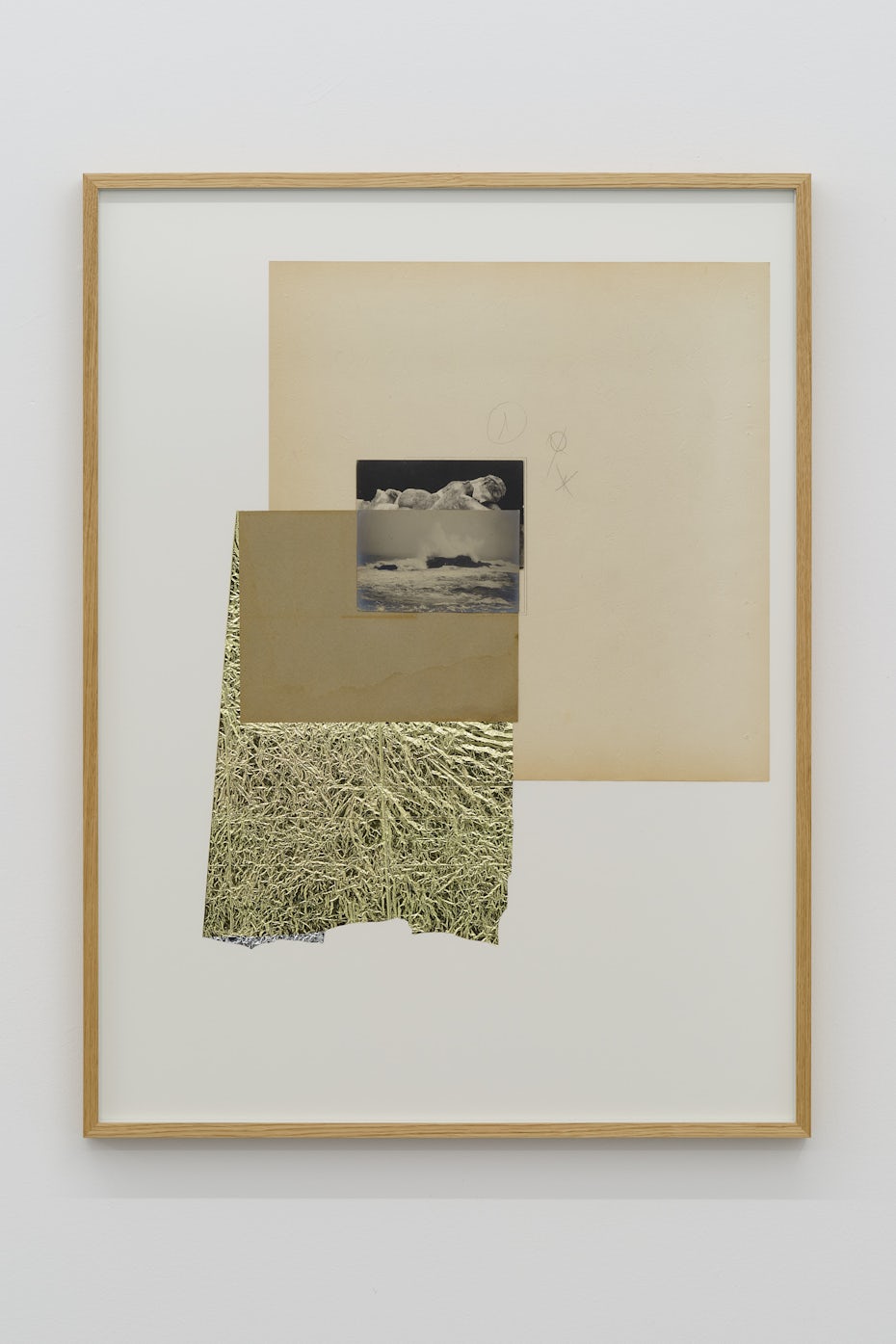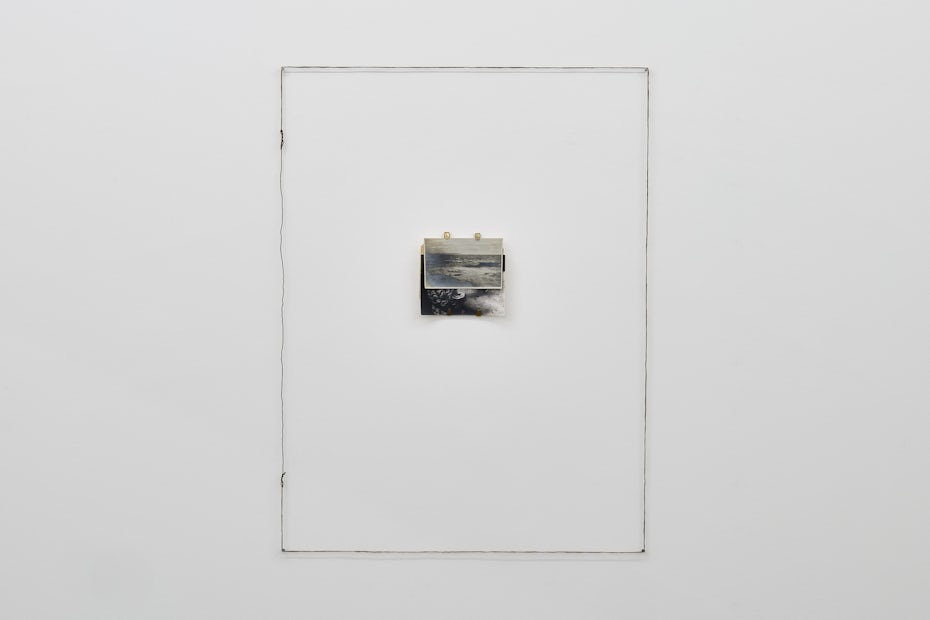Praxiteles’s Dream
Noé Sendas
Brussels
14.01 - 24.02.2024
Works
Installation views
Press release
Hopstreet Gallery is pleased to present Noé Sendas second solo exhibition at the gallery.
Could you explain why Brussels has a special meaning for you?
I was born in Brussels as a Portuguese exile and lived there until I was four. My parents had fled from the fascist regime of Salazar. There was no democracy or freedom in Portugal back then. Thousands of Portuguese were forced into exile to escape persecution, political imprisonment and, from 1961, conscription for the wars in Portugal’s African colonies.
Being born in Brussels means that my first impressions and oldest memories are here, and yes, I have a constant longing for this city.
You have given the exhibition the title “Praxiteles’ Dream”. How did you come up with this title?
I dreamt that I was in my studio and had decided to mentally go back to the earliest work of art that profoundly influenced my own practice. I stopped at Aphrodite of Cnidus, created by Praxiteles of Athens around the 4th century BC. Since I solve many of my works while dreaming, I wondered if the same would happen to Praxiteles.
I woke up with a title for our exhibition.
When developing the concept for this exhibition, the two sculptures and the photographic series Staged Bodies were the starting point. Why are they so important to the exhibition?
These two series are like magnets; they can either repel each other or combine perfectly. I’ve never seen them together before, so it’s a challenge I’m willing to take on.
There is another small sculpture on a wooden flower stand. The object on the stand is a collage related to the framed collages Entangled Seas. These were developed while reading the book Notes on a Shipwreck by Davide Enia. Tell us a little more about the relationship between the book and these works.
I was actually reading the book while preparing this show in Berlin. The works were mostly finished either in Lisbon or Madrid.
I kept going through the exhibition space in my mind, like a game of chess, playing, placing and sometimes replacing some of the pieces.
Notes on a Shipwreck by Davide Enia is a first-hand account of migrants landing on the island of Lampedusa. The author himself, recounting what happens at sea and on land, is confronted with the failure of words in an attempt to understand the present paradoxes.
I was fascinated by the way Davide is able to so respectfully mix everyday feelings shared by some of us, Western Europeans, with the extraordinary situation of the ‘others’, in this case, the migrants arriving by sea. My case is more related to homelessness.
In your first solo exhibition, you showed Bindings for the first time. Why did you decide to make a ‘double’ Binding now?
It should be seen as a stereographic attempt.
You are also showing drawings here for the first time. When did you start making the drawings entitled Poem, and how do they relate to the other works?
Drawing was my earliest form of expression, but I stopped 25 years ago. I just started making these Poems from one day to the next.
It’s quite impressive how one never forgets how to draw and simultaneously how it took me 25 years as an artist to overcome the ‘blank paper’ syndrome.

